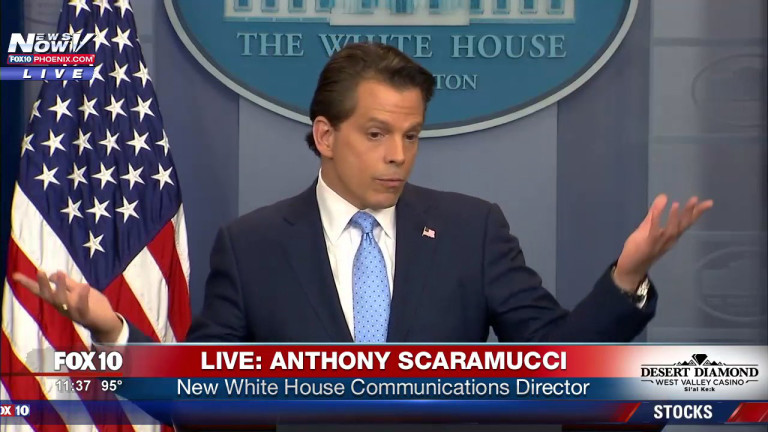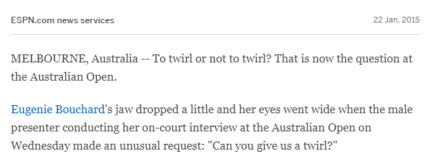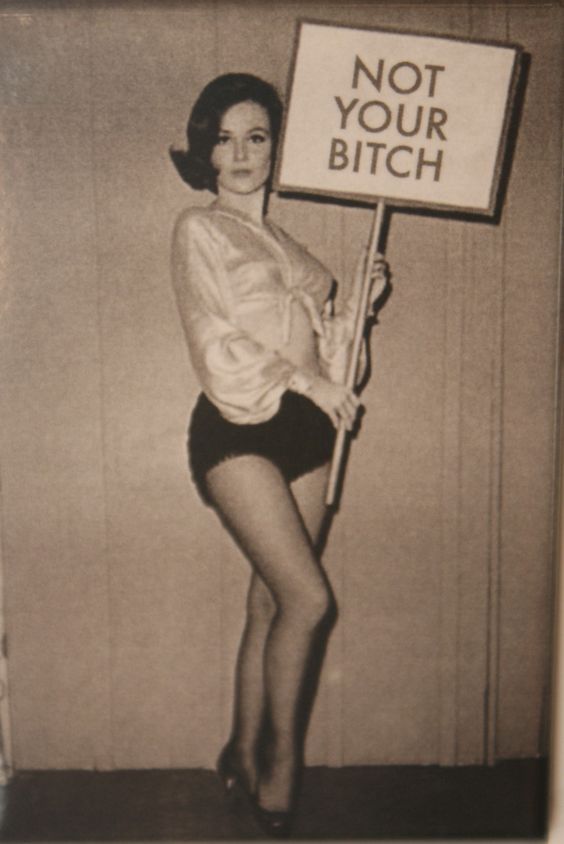I read books in fairly quick succession towards the end of January so rather than bombard you with a post per review, I’ll do it by month. This trend seems to be continuing this month so this is probably how I’ll do reviews in the future.
The Shock Doctrine by Naomi Klein [4/5 stars]
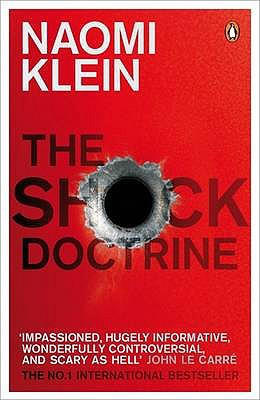
This book in a broad sense: Naomi Klein vs. Milton Friedman in a rigorously researched, brutal, oftentimes scary, critique of Friedmanite economics and how willing individuals, including governments, are in order to put them into place.
More specifically it’s a critique of the eponymous idea of the “Shock Doctrine”, or disaster capitalism. This is basically the main thesis of Milton Friedman and friends from the Chicago School of Economics: that the best thing is free-market economics—what Klein sums up with three core aims of “deregulation, privatisation, deep cuts to social spending”. The problem? People aren’t super hot about it, so they won’t vote for it. The solution? Shock and awe.
If a country is in the midst of a tragedy, quick implementation of Chicago School economics is the way forward; while the people are reeling, change the entirety of the country’s system. By the time things calm down, everything is different and no-one can protest. The first of these happened in Chile, which was basically a lab to test the efficacy of such a thesis. This was done through the assistance of a coup to instate the dictator Augusto Pinochet in 1973, before moving on the other countries in that region. If you want to read more about the coup, go ahead. A lot of death there. Though, what a surprise for a dictator.
From this point, Klein goes through the decades and talks about how various people have taken the Friedmanite approach to economics and fucked people over across the globe, in the midst of economic depressions, wars, and natural disasters.
That’s the real bare bones of the purpose and focus of scrutiny Ms. Klein employs across the book. Now as a book, I was genuinely informed and learned a lot of new, very horrible things that governments have done in order to service quite frankly narrow interests (the aftermath of the Sri-Lankan tsunami, Latin America, as well as the Middle East were among the most striking, though all of the book is upsetting in basically equal parts). And while indeed it was meticulously researched, it lacked a certain degree of intellectual rigour.
For example, it lacked a detailed exploration of free-market principles which were kind of necessary to make the case, I felt. My understanding is that it’s been tacitly stated that it’s not a defensible position at all, mostly because of what people have done in its name. That’s a dangerous conflation. I think, for example, that lemonade is a good thing. Very plausibly I could be motivated to do bad things in order to persuade more people to consume lemonade. But my actions in the name of lemonade are entirely divisible from the perceived qualities of it.
What I think Klein wants to argue is that what people have done in the name of free-market ideals is reprehensible, but it reads more to the effect that free-market economics as an idea itself is necessarily wrong which I disagree with. Not because I believe in that type of economics, but because I think the presentation of it is incorrect.
It’s a very interesting book that has taught me a lot about aspects of the world I either knew nothing or very little about.
Eat The Document by Dana Spiotta [4/5 stars]
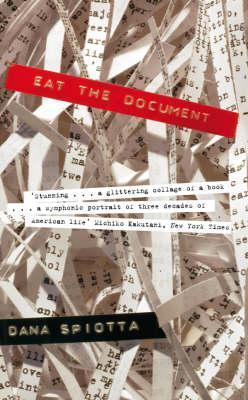 Eat the Document is my first exposure to Dana Spiotta. She’s not a very well-known author here so tracking her books down was its own little quest. But the internet provides.
Eat the Document is my first exposure to Dana Spiotta. She’s not a very well-known author here so tracking her books down was its own little quest. But the internet provides.
This is a brief book that takes a look into activist culture from the 1970s all the way to the new millennium. Now that doesn’t tell you much because not much happens. Not in a bad way but really the main focus of the book is more to do with the relationships between the characters and exploration of the idea of rebellion, its functions, and people’s attitudes towards it.
What I loved were the digs at the more post-modern aspects of the activists, most notably the book’s criticism of irony over more meaningful forms of protest: irony essentially being self-defeating. I also really enjoyed the richly detailed interiors. Spiotta really makes you feel present in the scenes, with a clear understanding of personal spaces and people, with sharp details and good dialogue. What was also interesting was the juxtaposition of people and artifice—the not-quite activists, artificial materials, even fake identities—which seems to be a through-line. There is, in a way, a dedication to the need for truth and honesty in some capacity to lead a meaningful life.
My main criticism is that it skipped along a bit too easily. It’s a rare occasion where I ask a writer to write more not less, but so it goes. Very enjoyable and a quick read. A very understated writer!
Strangers Drowning by Larissa MacFarquhar [3/5 stars]
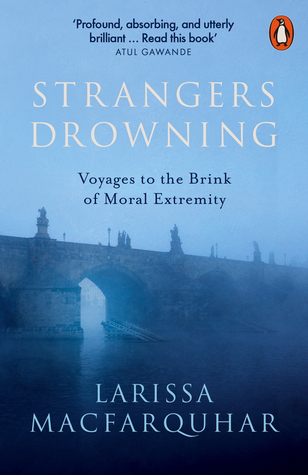 The “ish” in the post’s title is because of this book, which I technically finished on the 1st of Feb but it’s just a day out and leaves this month a little less burdened (I estimate maybe five books being read this short month).
The “ish” in the post’s title is because of this book, which I technically finished on the 1st of Feb but it’s just a day out and leaves this month a little less burdened (I estimate maybe five books being read this short month).
Someone in another review said it’s kind of like an extended think piece of a newspaper, which is about right: it’s nice, considering it was written by a journalist in lucid prose about a fascinating topic. However, that’s also where it doesn’t quite live up to what I thought it’d be.
So the premise of the book is this: there’re people who are charitable, and there are do-gooders, people who basically go above and beyond the call of duty. These people go to extreme levels of privation in order to service the greater good. There are alternating chapters of do-gooders and philosophical discussions relating to ethics. But that’s all it is. I thought it would be an integrated analysis of what kind of things we can extrapolate from people who go to extremes, but it doesn’t really quite get there.
So in one chapter, one person is so committed to helping to reduce suffering that he lives on an annual budget of just under $10,000 dollars for subsistence. The rest of his money, time, and resources are wholly dedicated to helping to reduce suffering. What I thought would happen would be a balanced evaluation of the do-gooder’s actions. What I got instead was a grouping of stories with some interesting and well-researched bits between them. It ultimately left open-ended questions such as: is it absurd to be so committed to helping people? What can we learn from these people? Are we, the non do-gooders, doing enough?
I assume Ms. MacFarquhar wants us to decide on our own. Overall, I think you should check it out in a similar way I might be tempted to share a thought-provoking article. It’s interesting journalism, but not enough stitching together of the ideas to make it a very good book.
It’s not a bad month for books, all things considered. I’m also doing well for my goal to read more non-fiction as well. I’ve got quite a few lined up for the coming weeks too.
Advertisements Share